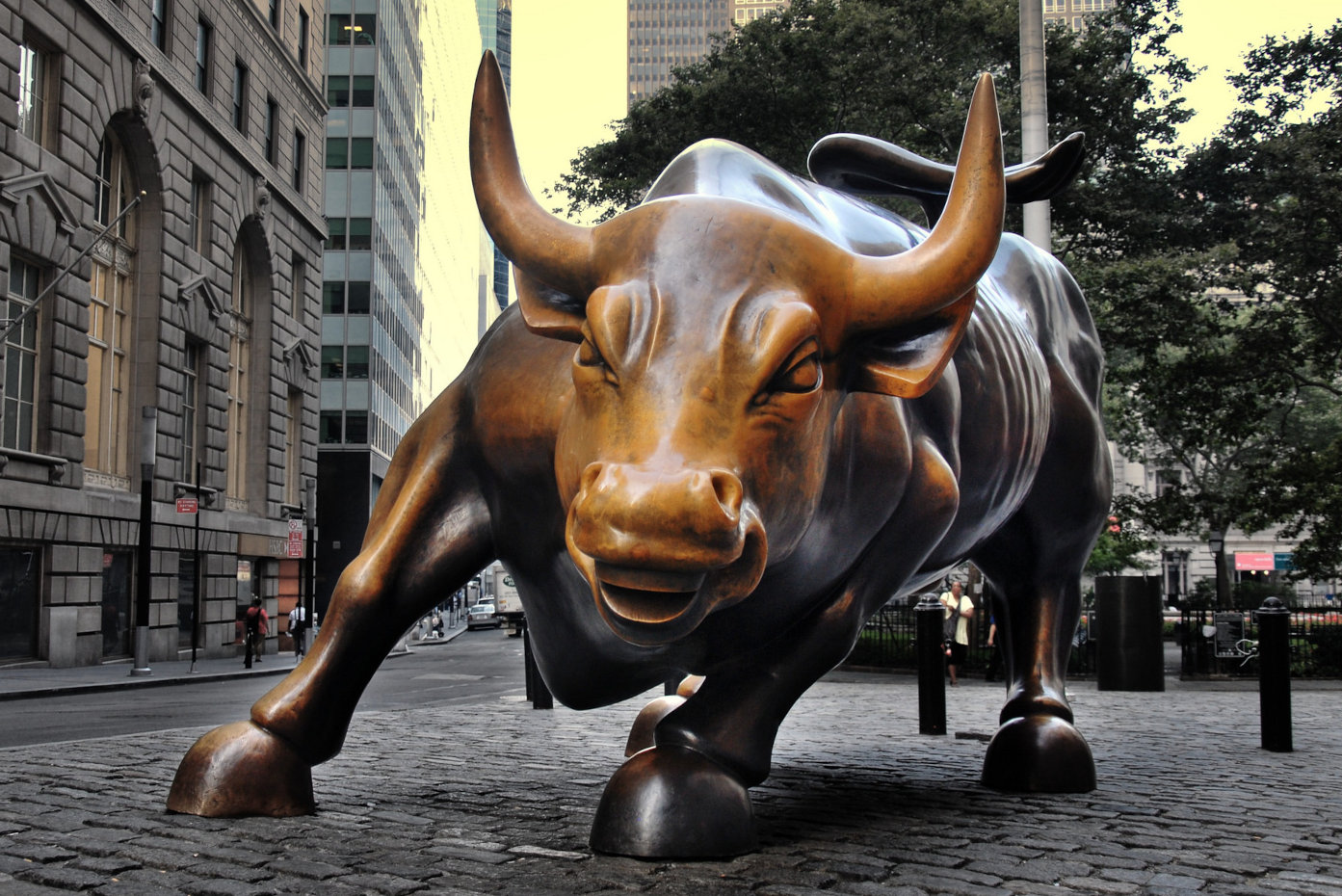The economy is closely interlinked, and a change in one part of the economy most often will affect another part. This article intends to give some background on how market cycles happen, and how these affect stocks and the stock market.
How banks lending can affect the economy
Maybe the most important part of the economy, and also the part that have the largest impact on the economy, is the financial sector. Especially banks play an important role in the economy. It is the lending by banks that is often targeted by the monetary policies of central banks. Central banks usually target commercial banks to cool a rapidly growing economy, or to stimulate growth in the economy.
Sometimes there is overconfidence in a market. The economy is in these cases rapidly growing, and people are taking out loans to buy things. According to some, this overconfidence in the market is the main reason for market crashes.[1] What happens is that when the economy starts to grow, and this confidence in the market increases, it becomes easier to get loans from banks.
To expound on this, in a growing economy the value of tools and equipment that companies own is higher than in a contracting economy. This is because, in a growing economy, more orders are made to that company, raising the value of the tools and equipment since these are used more. This leads the companies assets to be higher valued in a growing economy, making it easier for the companies to get loans. This further “heats” up the economy, as new loans are made by banks.
The overconfidence in the market can be felt throughout the economy, including the stock market. In 2009 a crash of the housing market occurred that affected the entire economy, especially the stock market. Because of the overconfidence in the market, banks made loans on questionable terms, and it was very easy to get a loan in the period before the crash in 2009. These under performing loans were then bundled, sold, and traded between financial institutions. A market had grown for selling under performing loans. However, as the market realized that the assets (loans sold) were worth considerably less than traded for, the market crashed. The stock market also got affected, and crashed. Most parts of the economy world wide plunged.
What can be learnt
A few things can be learnt by this. First, precautions should be taken when buying stocks in an environment of overconfidence as this overconfidence can affect the price of stocks. With other words, in an environment of overconfidence, the risk is that the stocks are valued too high.
Another thing is to properly research the company that is potentially being invested in. Does the business provide real value to the market, and does the increase in stock price fairly represent the growth of value that the company provides?
A third thing is trying not to be affected by market fluctuations in one’s dealings. When there are ups and downs in the market, if there is a strategy to keep to, and general knowledge of market conditions, it might be easier not to fall for market trends.
Sources
[1] Minsky, H. P. (1972). Financial instability revisited: the economics of disaster. Washington: Board
of Governors of the Federal Reserve System. Retrieved from: https://fraser.stlouisfed.org/files/docs/historical/federal%20reserve%20history/discountmech/fininst_minsky.pdf

